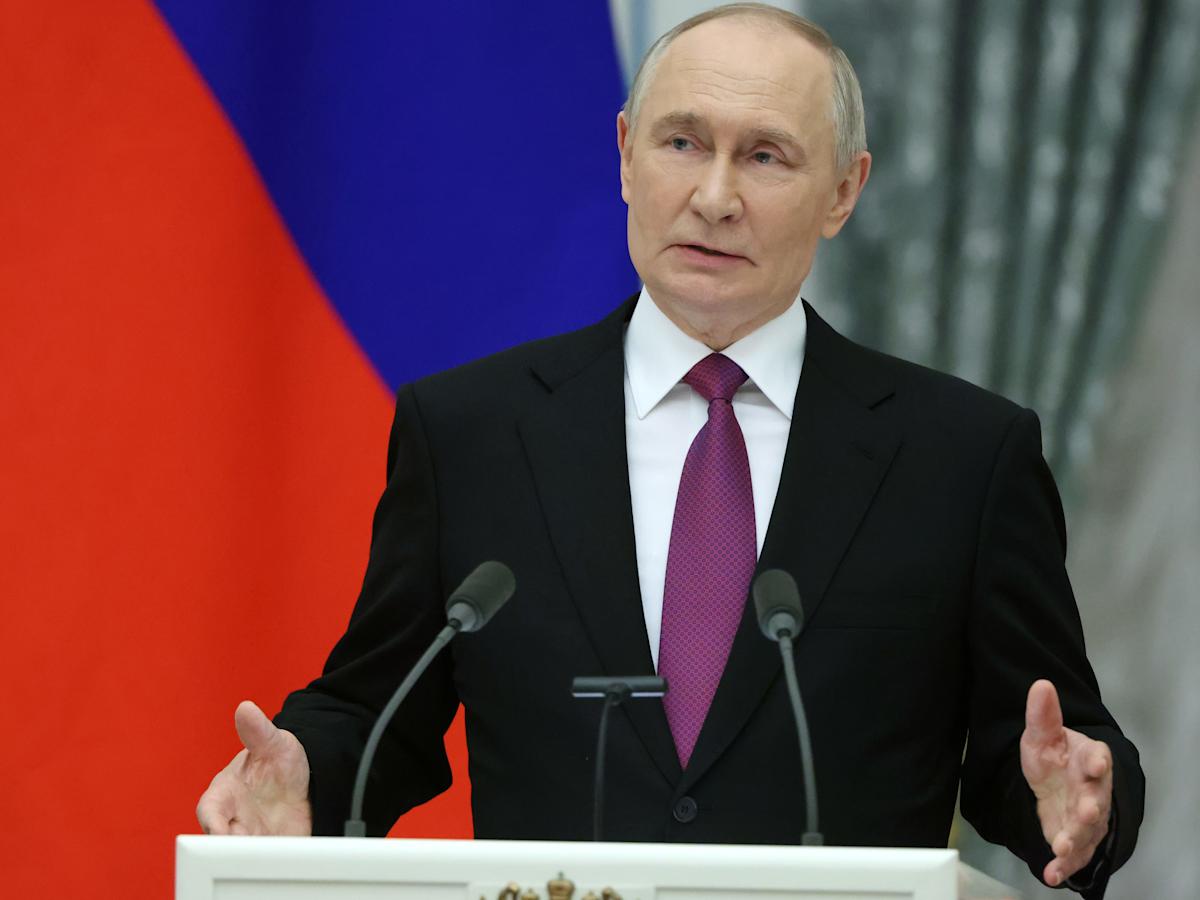Russia’s oil revenues plunge just as US sanctions hit when Moscow can least afford it
-
Russia’s oil revenues cratered 27% just as new US sanctions tighten the screws even further.
-
A stronger ruble, weak crude prices, and Western pressure squeezed the Kremlin’s war chest.
-
Moscow’s shadow fleet keeps exports afloat — but at steeper discounts and higher costs.
Russia’s vital oil and gas revenues tumbled 27% in October from a year earlier, data from the Finance Ministry show — a sharp blow to the Kremlin’s wartime finances just as new US sanctions tighten the screws on its energy exports.
Moscow collected 888.6 billion rubles, or $10.9 billion, in oil and gas taxes, down from about 1.2 trillion rubles in October 2024, official data published on Thursday show. The steep decline came amid weak crude prices, a stronger ruble, and tightening Western sanctions over Russia’s invasion of Ukraine.
Over the first 10 months of 2025, oil and gas revenues totaled 7.5 trillion rubles, down from 9.5 trillion in the same period last year — a drop of more than 2 trillion rubles, or 21%.
That pressure is set to intensify. In late October, the US Treasury Department sanctioned the financial arms of Rosneft and Lukoil, Russia’s largest oil companies, which together account for around 3 million barrels per day — nearly half of the country’s seaborne oil exports.
Although there were initial concerns that the new restrictions might tighten global supply and push up prices, markets have largely shrugged them off after an initial spike.
US West Texas Intermediate futures are trading around $60 a barrel, while international Brent crude hovers near $64 — both down roughly 15% so far this year amid abundant supply and sluggish demand.
Warren Patterson, the head of commodities strategy at ING, wrote in a Friday note that the lack of oil price impact indicates the market doesn’t expect much lost supply.
While Russia has managed to reroute much of its crude through a “shadow fleet,” non-Western insurance, and non-dollar payment systems, buyers may still face growing compliance risks under the latest US sanctions.
“The impact is likely to fall more on pricing than availability, with Russia having to offer wider discounts to compensate buyers for higher legal and logistical risk,” wrote Bridget Payne, the head of energy forecasting at Oxford Economics, in a late October report.
Payne said the added insurance and financing costs amount to a sanctions premium on Russian crude. That premium, she added, will widen its discount to international grades and eat into Moscow’s net revenue.



Leave a Comment
Your email address will not be published. Required fields are marked *